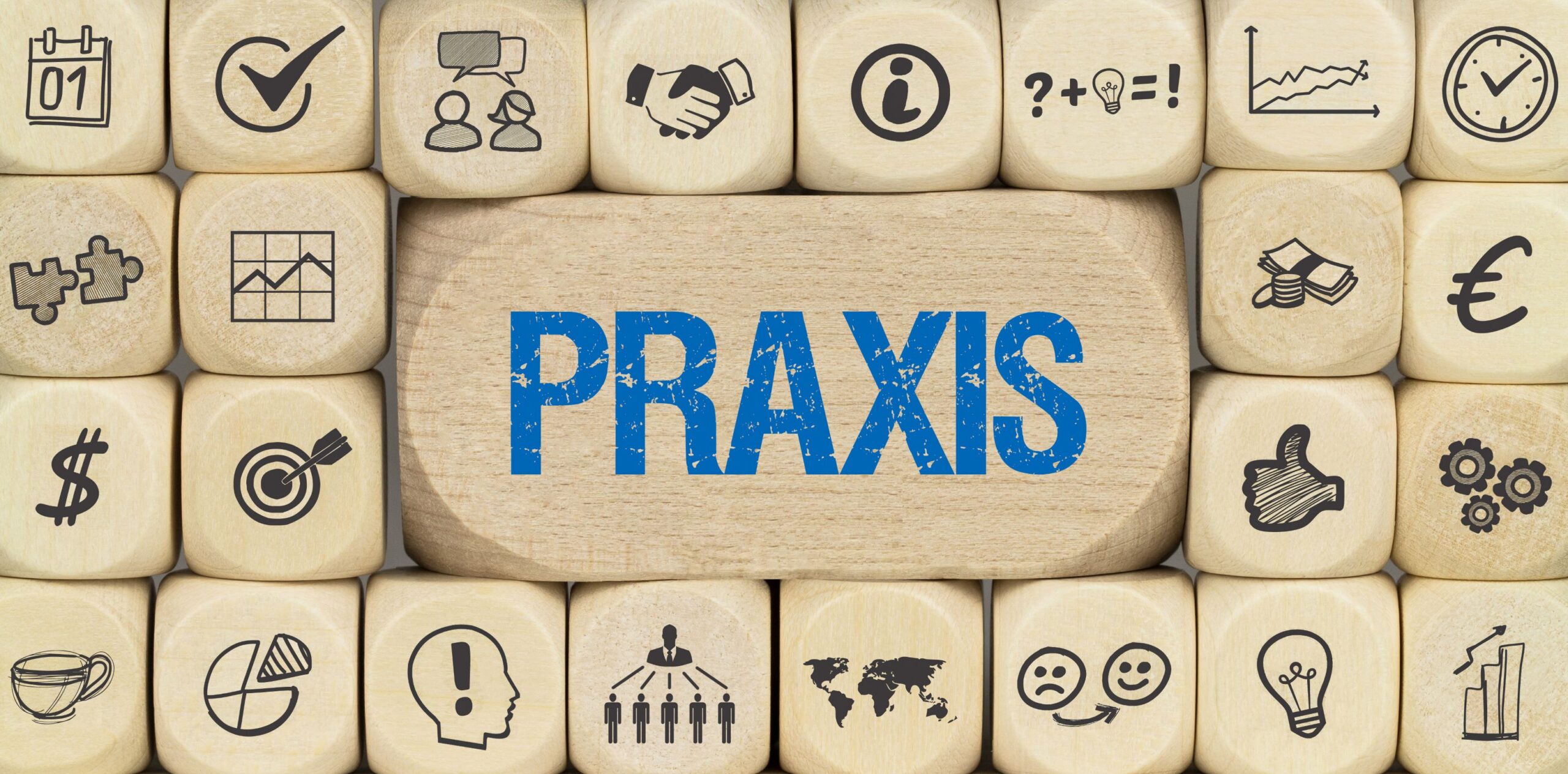
The Praxis 5001 stands as a crucial milestone in your path to becoming an educator. Also known as the elementary education multiple subjects exam, it evaluates your readiness to teach across various core subjects. You must demonstrate proficiency in reading, language arts, mathematics, social studies, and science as an aspiring elementary school educator.
If you’re worried about passing the exam, here’s how to boost your confidence using targeted practice tests and proven study strategies.
Why Practice Tests Are Your Secret Weapon
Multiple study methods exist, but consistent exposure to practice test questions remains one of the most effective ways to prepare for the real exam. Taking a full-length practice test lets you review the content while building the mental stamina needed for test day.
Regular practice test questions help you:
- Familiarize yourself with the exam format and timing
- Identify knowledge gaps early in your preparation
- Build confidence through repeated exposure
- Master time management strategies
- Reduce test anxiety through experience
Think of practice tests as your roadmap to success. Each experience brings you closer to mastery of the content and format. You can check online sources to access free test prep for Praxis 5001 to establish your baseline knowledge and enhance your performance.
Creating Your Personalized Study Plan
Your Praxis learning paths should be as unique as your teaching style. Consider incorporating various resources, including:
Test prep books offer a structured content review and proven strategies. A comprehensive study guide provides in-depth coverage of all subject areas. Don’t forget to focus on specific sections to drill down into challenging topics.
- Digital flashcards are effective for memorizing key concepts in United States history, literacy development, and language arts components of the exam.
- Create manipulative study aids by making physical timeline cards for certain topics or using building blocks to demonstrate mathematical concepts. Teaching the material to others or acting out historical events can help cement your understanding through physical movement and engagement.
- Listen to educational podcasts or record yourself explaining key concepts. Listen to these recordings during your daily activities. Converting your study guides into songs or memorable rhymes can likewise make complex information more accessible and memorable through auditory repetition.
- Online prep platforms offer the flexibility to study anywhere, anytime. Many provide adaptive learning technology that adjusts to your progress. This platform facilitates efficient use of your study time.
- Study groups help you connect with other test takers through study groups or online forums. Share strategies, resources, and encouragement to stay motivated.
While the jury is still out on the definitive link between learning style and academic performance, a few studies have shown that sticking to an individual’s study preference may lead to better chances of passing a test. Determine the best review material and method that shows the most promising results.
Maximizing Your Practice Test Experience
Quality matters more than quantity when it comes to practice tests. Here’s how to make the most of each session:
Simulate Real Testing Conditions
Create an environment that mirrors the actual exam setting. Time yourself strictly and avoid interruptions during full-length practice tests.
Analyze Your Results
After each practice test, conduct a thorough review. Don’t just focus on wrong answers – understand why you chose incorrect options and identify patterns in your mistakes.
Target Weak Areas
Use your analysis to guide further study. If you’re struggling with social studies concepts, dedicate extra time to that section before moving on.
Your success doesn’t lie exclusively on how many practice tests you take but how you learn from each one. To transform each practice session into a powerful learning opportunity, create realistic test conditions, analyze your performance, and use those insights to guide your study focus.

Navigating Multiple Subjects Successfully
The multiple subjects format of the Praxis elementary education exam—designed by the Educational Testing Service (ETS)—requires a strategic approach. Break down your study sessions by subject area, but don’t forget to integrate concepts across disciplines. This mirrors how you’ll teach in an actual classroom, where subjects often overlap and complement each other.
Test Day Preparation: Setting Yourself Up for Success
As test day approaches, shift your focus from intensive study to maintaining confidence and readiness. Review your strongest practice test performance for a confidence boost. Prepare everything you’ll need the night before, including:
- Required identification
- Test center location and directions
- Comfortable, layered clothing
- Approved calculators or materials
Embrace a growth mindset throughout your preparation. Each practice test provides valuable insights, and every study session brings you closer to your goal of teacher certification. Hiring and retaining instructors remains a challenge for many schools across the country.
The Road Beyond the Exam
Preparing for the Praxis test may feel overwhelming, but it prepares you for something greater: the opportunity to shape young minds and make a difference in elementary education.
Take advantage of all available resources, from free practice test materials to specialized exam prep courses. Invest time in understanding not just the what but the why behind each concept. This deeper understanding will serve you well beyond test day, informing your teaching practice for years to come.


